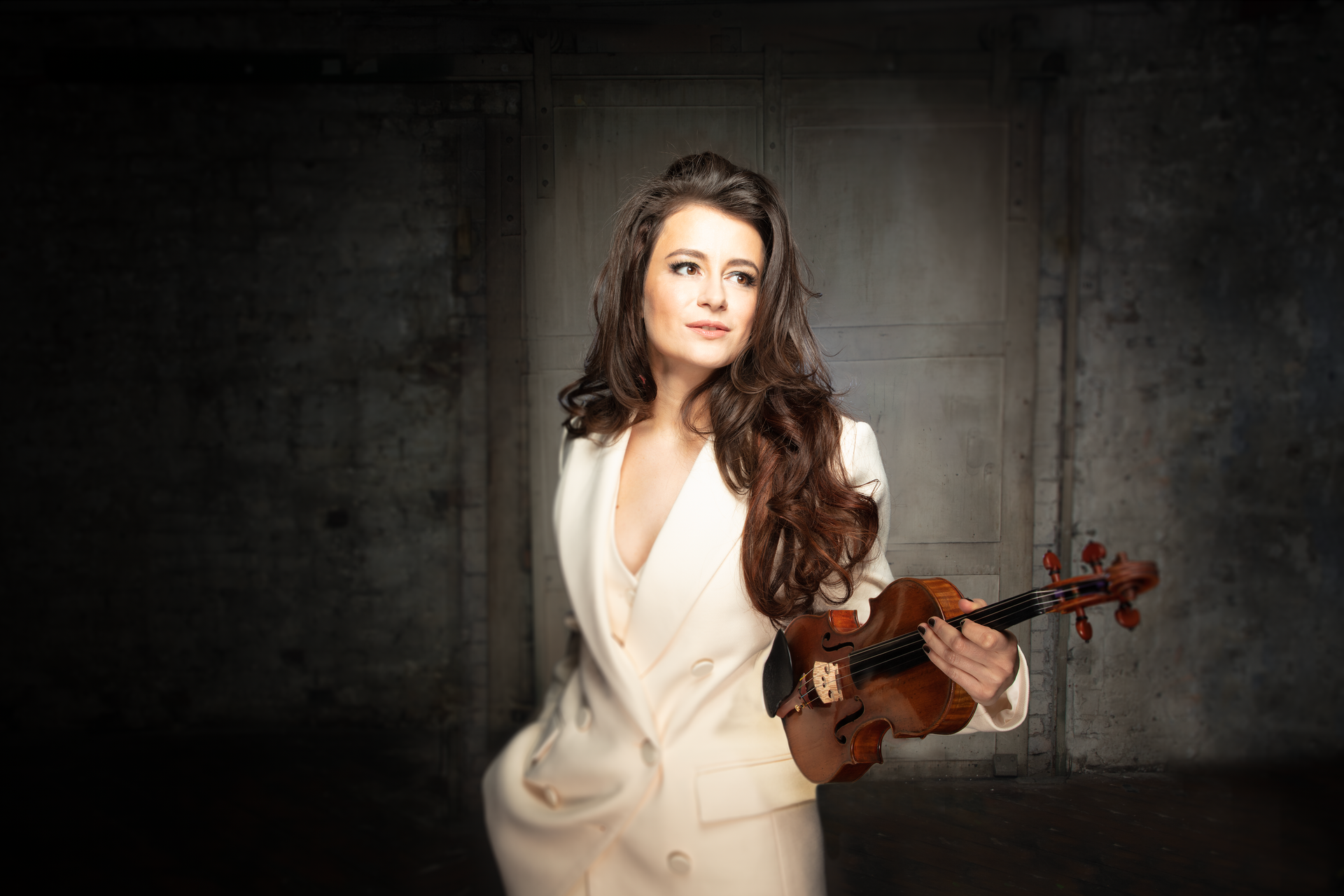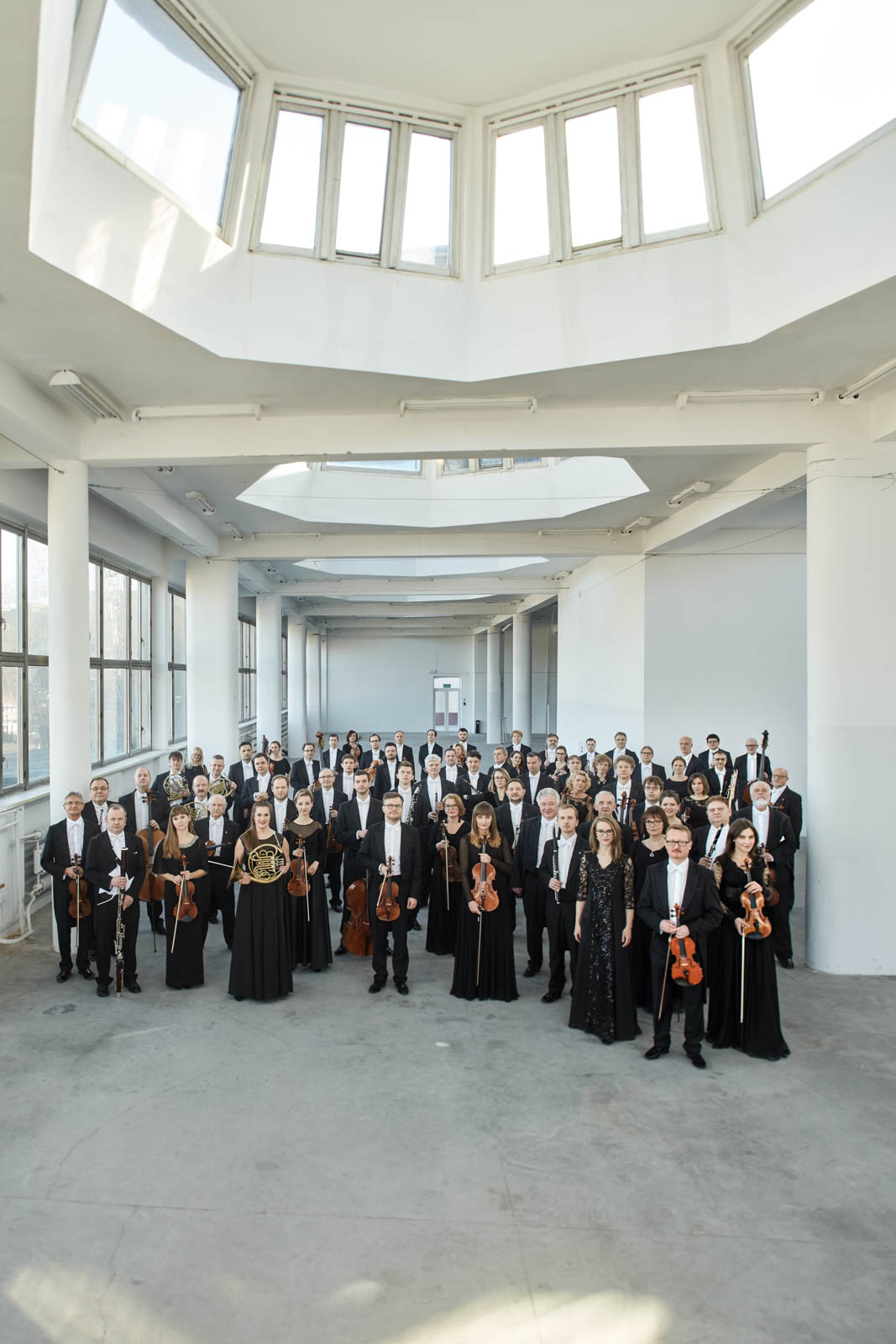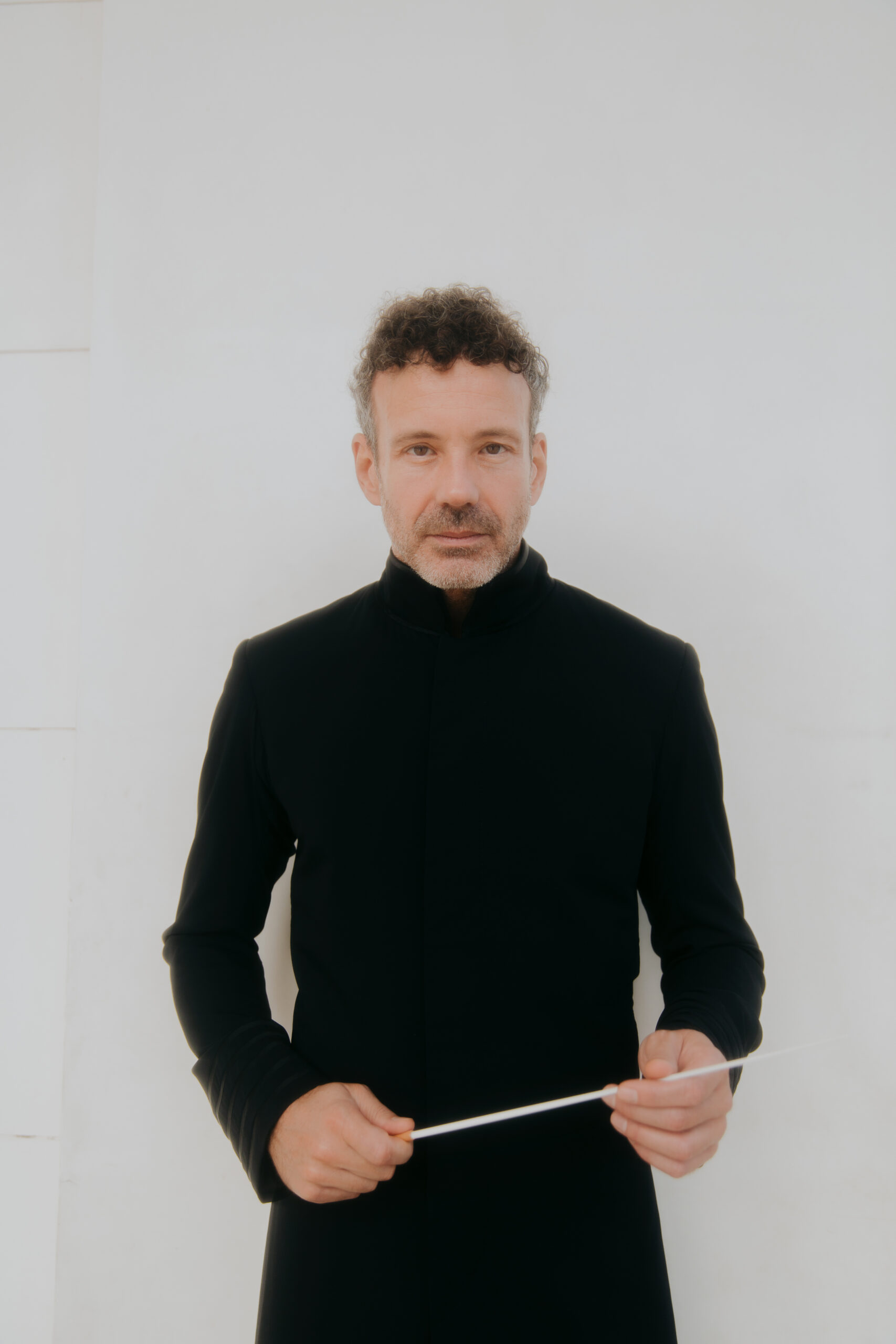Performers
- Liya Petrova violin
- Cyrielle Ndjiki Nya soprano
- Sinfonia Varsovia
- Aleksandar Marković conductor
Programme
Richard Strauss Wiegenlied (Cradle Song) from 5 Lieder, Op. 41 No. 1 TrV 195 for soprano and orchestra [5’]
Richard Strauss Morgen! (Tomorrow!) from 4 Lieder, Op. 27 No. 4 TrV 170 for voice and orchestra [4’]
Hector Berlioz Les nuits d’été (Summer Nights), Op. 7 for voice and orchestra (selection) [13’]
I. Villanelle: Allegretto
II. Le spectre de la rose: Adagio un poco lento e dolce assai
VI. L’ile inconnue: Allegro spiritoso
Jean Sibelius Violin Concerto in D minor, Op. 47 [35’]
I. Allegro moderato
II. Adagio di molto
III. Allegro, ma non tanto
Concert description
It seems that the sensuality of the French language makes it ideal for depicting the beauty and the richness of the night. One example of that would be the Les nuits d’été cycle by
Hector Berlioz, a true master of both instrumentation and vocal music. Admittedly, the opening Villanelle is about the spring, yet already in The Ghost of the Rose we hear memories of a summer night: a ball and the eponymous flower attached to a girl’s dress. The Unknown Island, the final song in the cycle, on the other hand, is a conversation between a sailor and a woman. When he asks where she wants to go, the woman says she has no real place in mind. Neither the Baltic Sea, nor Java will bring her joy. All she desires is to go to an island where true love will be awaiting her.
As it turns out, not only the French language can be subtle and sensual. Among the most affectionate songs are Richard Strauss’ works with German lyrics. Wiegenlied (“Lullaby”) and Morgen! (“Tomorrow!”) are both songs for the evening. The former lulls to sleep, and evokes a world of dreams and memories. The latter is a hopeful promise of love.
Deep feelings can also be expressed without words, just like in Sibelius’s Violin Concerto in D minor, a piece that is both masterful and incredibly emotional.
Dominika Micał, “Ruch Muzyczny”







